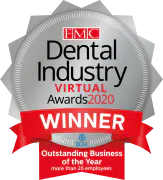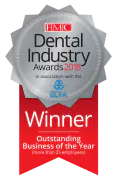How migraine can be linked to your dental health
Chronic Migraine Awareness Day takes place on 29 June 2024 and shines a spotlight on the debilitating condition that affects one billion people globally, making migraine the third most common disease in the world. While there is no single known cause for migraine, there is a genetic link and some people are aware of the triggers – such as stress, anxiety and tiredness. Migraine can also be linked to two dental conditions: bruxism and temporomandibular disorder (TMD). One of our dentists, Professor Andrew Eder, talks us through both conditions – and how some PortmanDentex practices are able to help.






